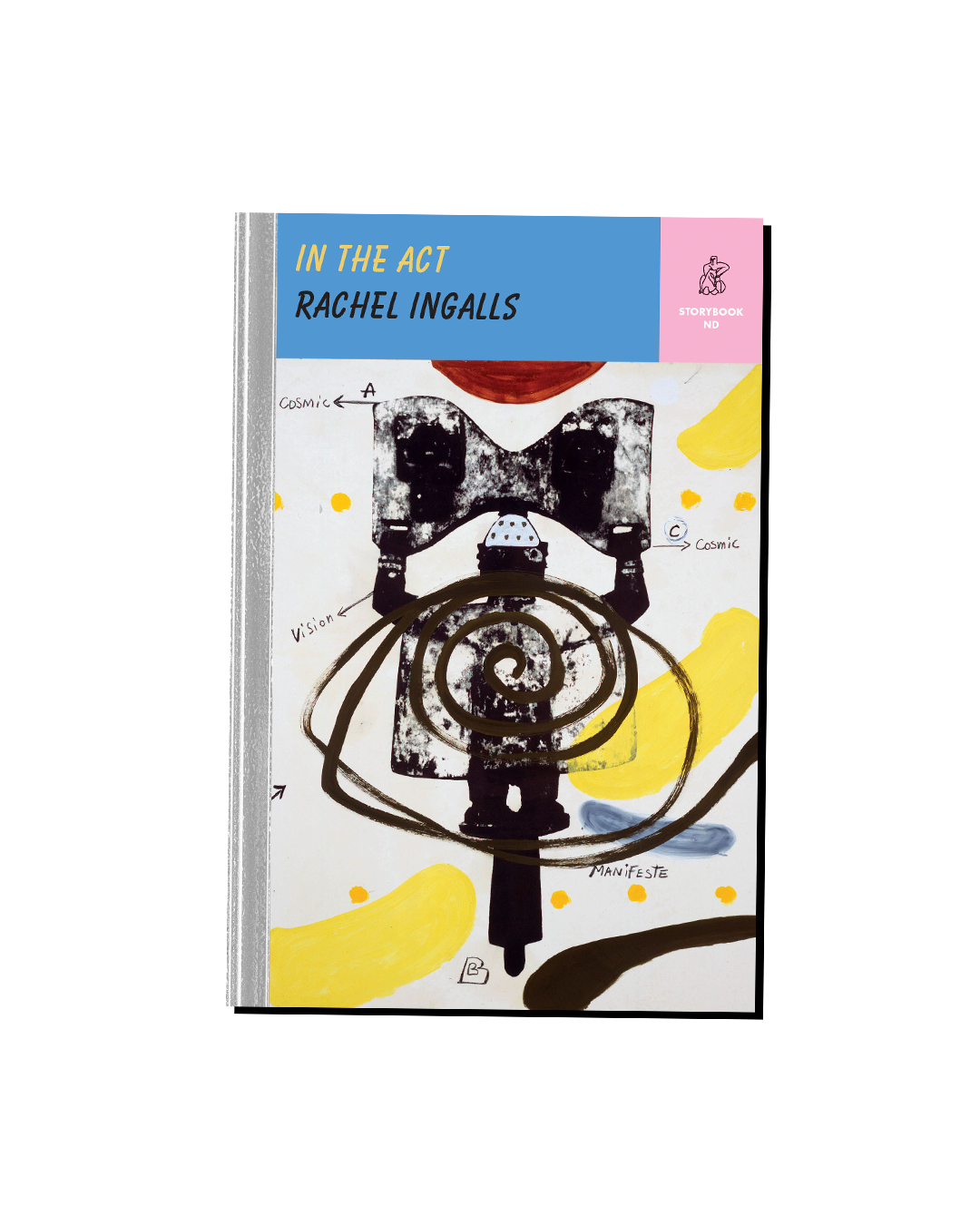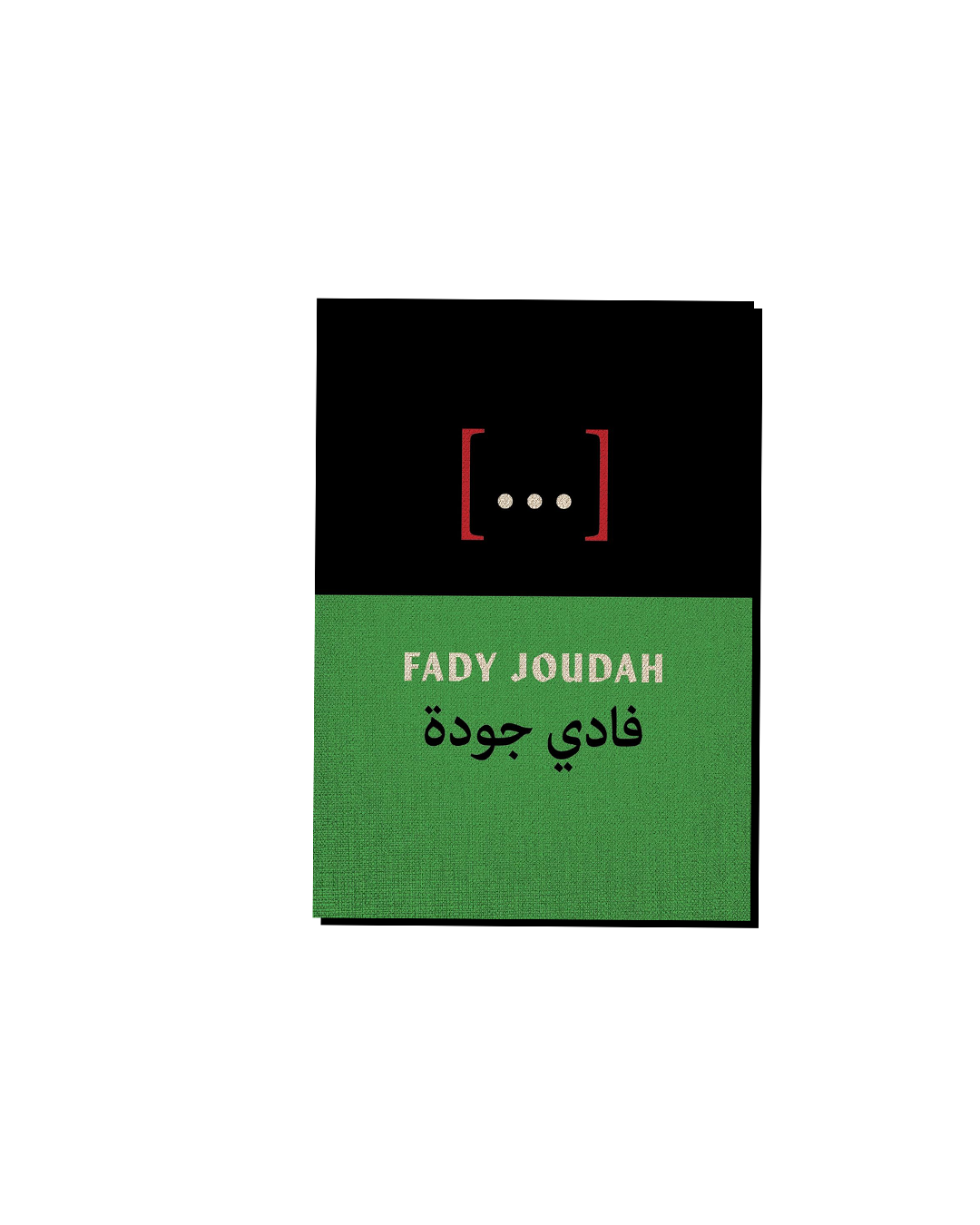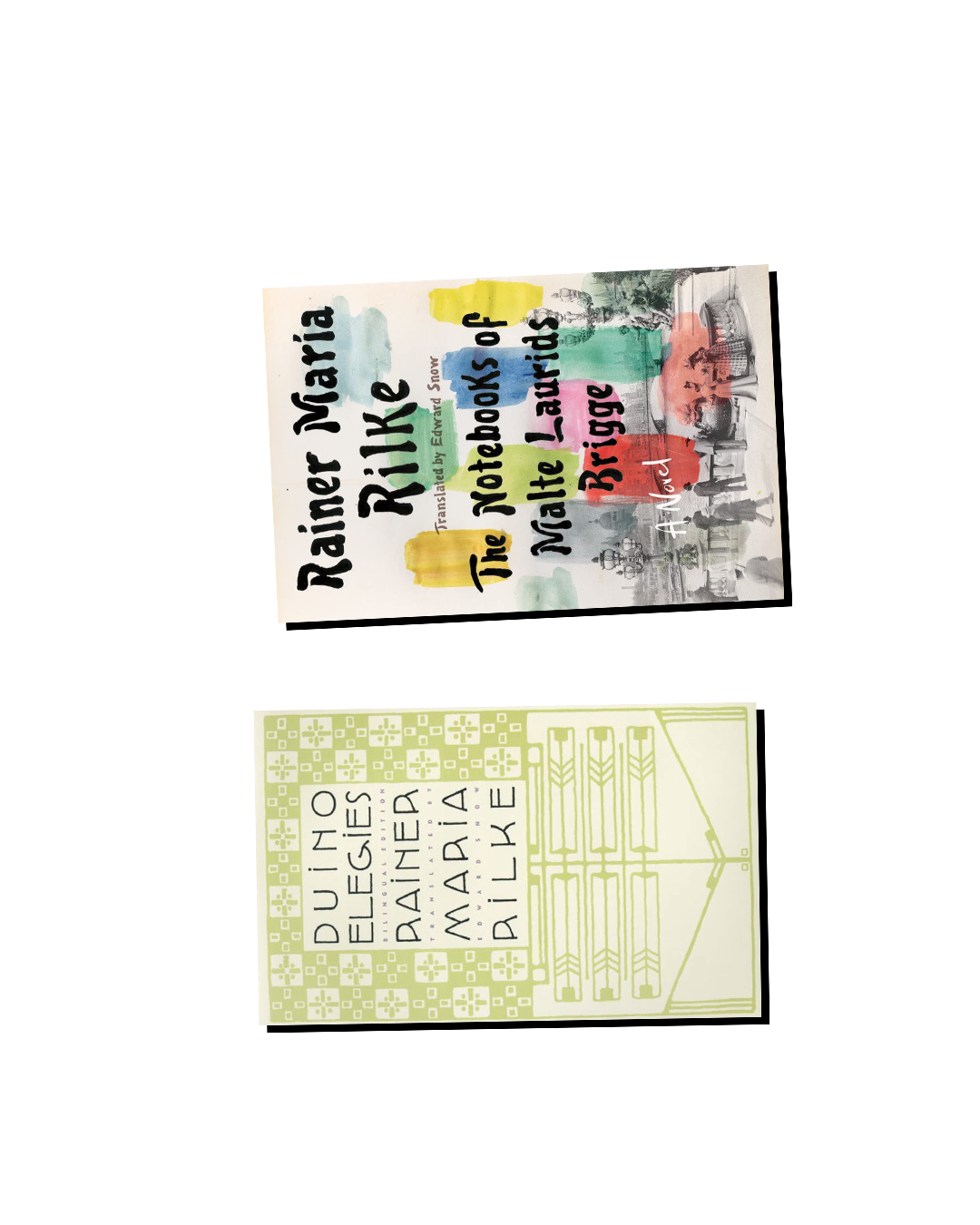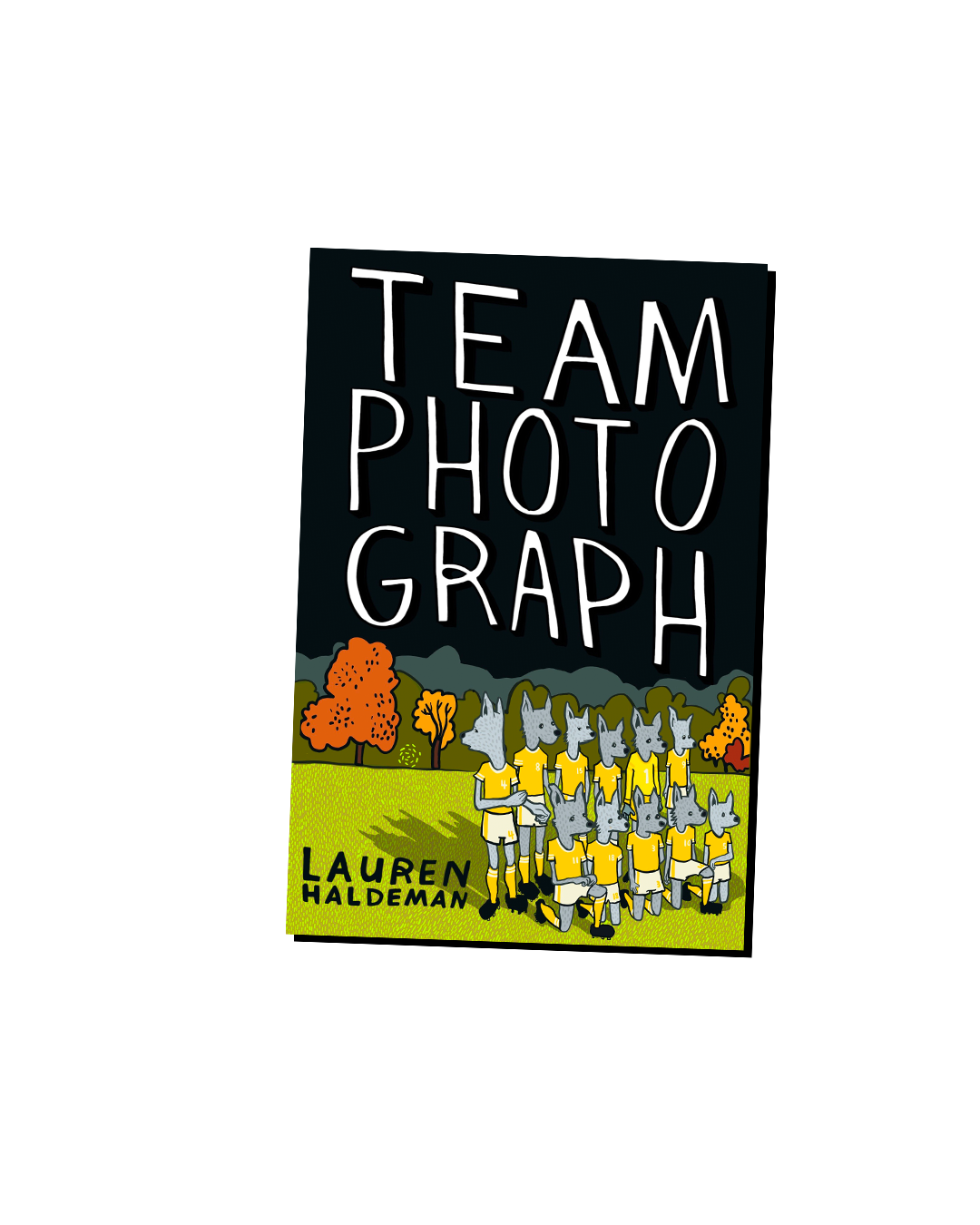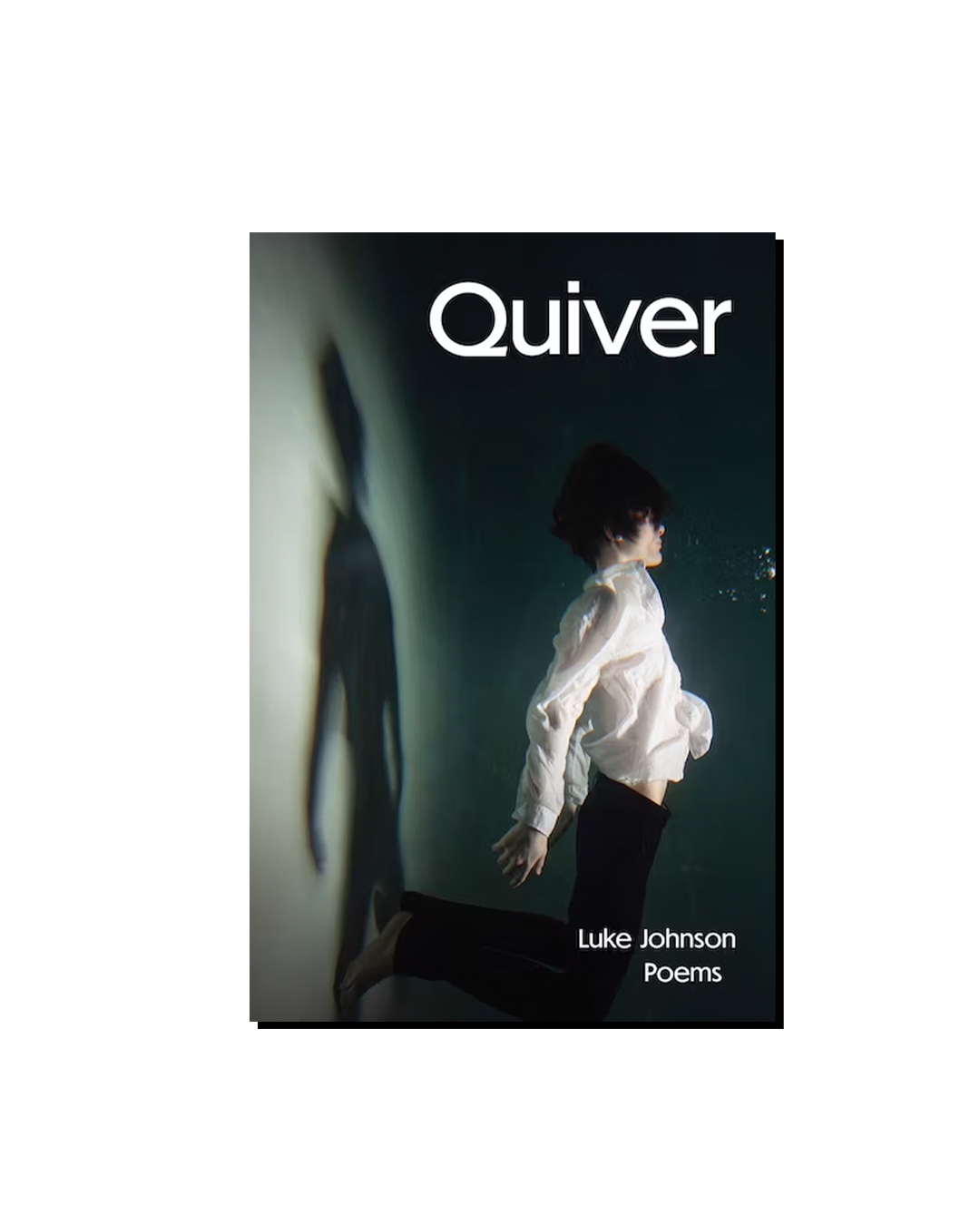A Presence Solved by Its Own Absence: On Anne Carson’s “Wrong Norma”
Whatever answers are to be found lie in the blank space around them, that looming, claustrophobic blankness. Snow. Shame. History. Monstrosity. The steaming, stinking heap of it. Carson lets it answer for itself.
A Tourist in the Underworld: On Tomas Tranströmer
To begin with “klang” is inherently onomatopoetic: you get the primary sound and also its “klang,” you get the signification and its associative resonance. So many of Tranströmer’s poems are about listening, or even living, in a kind of sonic aftermath.
Third Place Husbands: On Rachel Ingalls’ “In the Act”
It is not uncommon for love to become transactional over time, and for ideals like romance to eventually give way to revenge and hatred.
“To Remembrance When a Mercy”: On Fady Joudah
Because the question, as Joudah points out, is not repeatedly being asked: do you believe that Palestinian lives are equal to Israeli lives and Jewish lives?
Grief’s Many Voices: On Blake Butler’s “Molly”
Unlike these other texts of loss, he never settles on one position, the memoir reading like a “revolving door” of these roles: Pathologist, Mad Lover, Investigator, Director, Freudian Psychoanalyst, Diarist.
Gulp Fiction, or Into The Missouri-verse: On Percival Everett’s “James”
Can one tell Twain’s story from Jim’s perspective without creating a flimsy, second-hand imitation of Jim’s voice which dooms the experiment from the start?
Washington, May 1956: On Clarice Lispector’s “The Apple in the Dark”
Perhaps, newly attuned to her own insatiable desire to create, she would reach her own form of understanding from the drafts that she would copy out eleven times by hand.
Modernism’s Anti-Myth: On Cesare Pavese’s “Dialogues with Leucò”
It was not so much a “dreaminess” as a wakefulness, an increasingly desperate one of the more-than-human, the more-than-now, which modern history throttled and tried to deny.
Our Neighbo(u)rs to the North, Aflame: On John Vaillant’s “Fire Weather”
As a midwesterner, my life has been saturated with Alberta’s oil. My first car, a used Ford F-150 with a bench seat stained brown from the plumber who owned it before me, had dual fuel tanks that held over thirty gallons of gasoline. Much of that gas came from Alberta oil.
What was Ukraine?: On Volodymyr Ishchenko’s “Towards the Abyss”
Ishchenko argues that the burden of the post-Soviet left is debatably its greatest asset: that people remember how it felt to be part of communism’s utopian project, and that before today’s war, a strong plurality of Ukrainians felt ambivalent about, not hostile to, its cause.
The Telling Makes It True: On Robert Glück’s “About Ed”
The dead lover is the eternal muse, his voice revoked by death, his consent unattainable.
Nobody Knows My Name: On Maya Binyam’s “Hangman,” Claire Denis’ “White Material,” and African Fictions
African characters that go beyond the limitations of sympathy, to depict periods of upheaval where pity is a useless consolation, where we cannot generalize any specific case.
Words Scumble the View: On Lindsay Turner’s “The Upstate”
Where is upstate? A proximity, a region positioned degrees away from somewhere not upstate, forever elsewhere.
How to Be an Author and a Character Simultaneously
We have to rearrange our lives—to give a handful of days more weight than entire years, to give a few characters starring roles—so we can feel they are something more than administrative projects marked by disappointment.
Fantastic Lands and Where to Find Them: On Anthony Bale’s “A Travel Guide to the Middle Ages”
Bale’s aim in this book is to write in a rigorous and entertaining way about medieval travel writing; it would be a disservice to the subject to exclude the fictitious or the tasteless.
After Populism: On Borriello and Jäger’s “The Populist Moment”
The material conditions that underpinned social democracy have disappeared. Against this backdrop, left populism constitutes a sincere, but plaintive, desire for the lost world to return.
How to Die in the Twentieth Century
This makes of poetry—true poetry—either a task that is more difficult even than sainthood, or else simply a fool’s errand altogether. There is a dignity specific to either option.
What’s a Sad Wolf To Do?: On Lauren Haldeman’s “Team Photograph”
Comics show eyes, minds, people where to go, how to organize spatial information, what’s important, what to see. Photographs don’t, or not in the same way: maps do.
Some Ekphrastic Evening: On Fred Moten’s “perennial fashion presence falling”
He emphasizes the way that content prophesies form, or the way that form supervenes upon content—which is to say, he emphasizes the way in which the void leaps and sticks its landing.
Brutal Naturalism: On Luke Johnson’s “Quiver”
The desire to flay and spread open the guts, to commit sin and confess it, to claim responsibility by way of observational learning.



